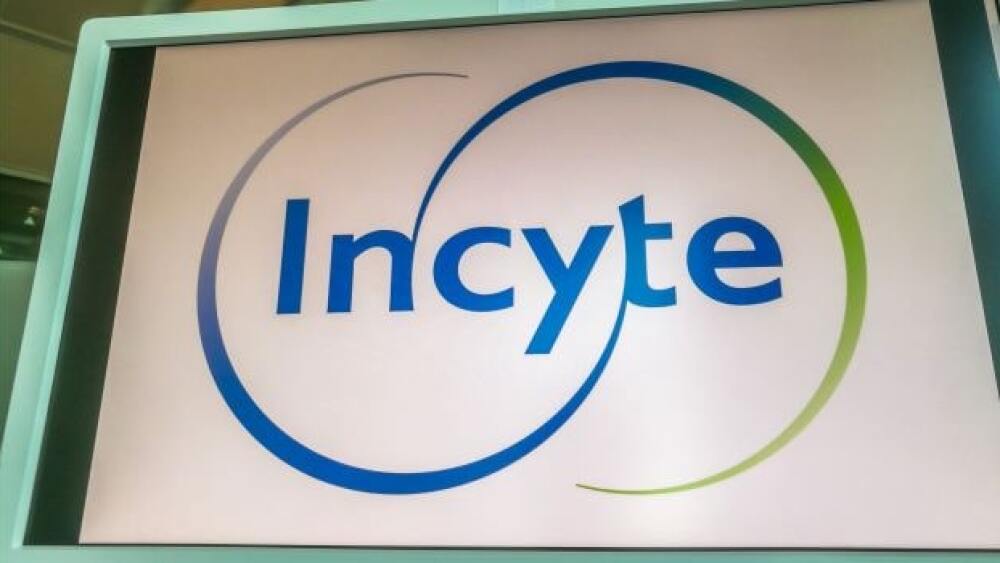The Oncologic Drugs Advisory Committee (ODAC), as part of the U.S. Food and Drug Administration (FDA), has voted 13-to-4 against supporting the accelerated approval of Incyte’s PD-1 inhibitor for squamous cell carcinoma.
Eyesonmilan / Shutterstock
The Oncologic Drugs Advisory Committee (ODAC), as part of the U.S. Food and Drug Administration (FDA), has voted 13-4 against supporting the accelerated approval of Incyte’s PD-1 inhibitor for squamous cell carcinoma.
In a statement released Thursday, Incyte said the committee chose to instead defer a regulatory decision on retifanlimab, the company’s intravenous PD-1 inhibitor, until additional data are available from the confirmatory POD1UM-303 clinical trial.
“While we are disappointed by the outcome of today’s ODAC vote, we will continue to work closely with the FDA as it completes its review of the BLA for retifanlimab,” Lance Leopold, M.D., Incyte’s Group Vice President of Immuno-Oncology Clinical Development, said in a statement.
Although the ODAC provides strong recommendations from outside experts to the FDA, the agency is not obliged to follow the committee’s recommendations.
Incyte hopes to receive approval for retifanlimab as a treatment for adults with locally advanced, or metastatic squamous cell carcinoma of the anal canal (SCAC) who have experienced progression with, or who are intolerant of, platinum-based chemotherapy. The POD1UM-303 trial is currently testing the therapy in platinum-naïve patients with advanced SCAC.
Typically, SCAC is often associated with the human papillomavirus (HPV) and HIV infections. The condition accounts for up to 3% of digestive system cancers. People with SCAC have a relatively poor five-year survival.
Currently, there are no FDA-approved therapies for individuals with advanced SCAC who have experienced progression following initial platinum-based chemotherapy. “We continue to believe that retifanlimab can provide an additional, much-needed option for these patients based on the favorable benefit/risk shown in our trial,” said Dr. Leopold.
Data from the Phase II POD1UM-202 trial were previously submitted alongside the Biologics License Application for retifanlimab. The study examined the tolerability and clinical activity of the treatment in 94 patients with previously treated, locally advanced, or metastatic SCAC that has progressed on, or was intolerant to, platinum-based chemotherapy.
In the POD1UM-202 trial, there were 1 complete response, 12 partial responses and 33 stable disease cases, which all corresponded to an objective response rate of 14% and a disease control rate of 49%. “These data are especially important because this trial enrolled HIV+ patients who are at the greatest risk of developing SCAC and are typically systematically excluded from oncology clinical trials,” said Dr. Leopold in a statement.
Previously, the FDA granted Incyte’s retifanlimab Orphan Drug Designation for anal cancer treatment, in addition to Priority Review. The agency also set the Prescription Drug User Fee Act (PDUFA) target action date for the therapy at July 25, 2021.
A day later, Incyte and its partner MorphoSys AG received some encouraging news for its relapsed/refractory diffuse large B-cell lymphoma (DLBCL) combination tafasitamab and lenalidomide. The two companies announced the European Medicines Agency’s (EMA) Committee for Medicinal Products for Human Use (CHMP) gave a positive CHMP opinion supporting the conditional marketing authorization of the combination, followed by tafasitamab alone, for adults with relapsed/refractory DLBCL who are ineligible for autologous stem cell transplantation.
The positive opinion from the EMA was based on the Phase 2 L-MIND study, which demonstrated the combination regimen produced promising response and activity in patients with relapsed/refractory DLBCL. “There is an urgent need for effective therapies, and if approved, this combination could provide patients in Europe with an important new therapeutic option,” said Dr. Malte Peters, chief research and development officer of MorphoSys, in a statement.





